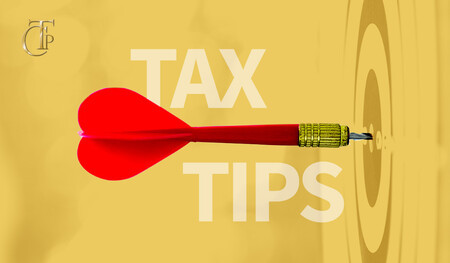
Each county has a property valuation department responsible for assessing and collecting property taxes. It is the duty of every PVA to value and assess tax on all real property within their county at its full value.
The keyword here is: assessing. Just how does a PVA go about determining the Fair Market Value of every property within the county?
Any time that a taxing jurisdiction is taxing your assets on the lien date, they’re either doing a drive-by assessment or reviewing data that you’ve provided them. A lot of times, your PVA makes an assessment decision behind a desk. They’ve never even laid eyes on your property! Given the size of their county and the number of properties they are responsible for, it just isn’t practical.
If you understand how property value is determined, You can potentially realize significant tax savings. Someone has to assign a number to your property. Why can’t it be you?
As I’ve educated myself on this topic, I have begun to see business property tax returns differently. Property owners have rights and most of the time (though no fault of its own), government-level calculations aren’t entirely accurate.
Did you know that the taxpayer has the right to protest the property tax bill every single year?
Think about how many people you know that just pay the tax bill year after year without once protesting it. Now think of the image of a Property Tax Assessor sitting behind a desk and assigning Fair Market Value to your property.
Large corporations (with hundreds or even thousands of locations) use really, really powerful arguments to annually protest the value of their retail stores. They even protest on the properties they lease! There are plenty of arguments you can make to potentially reduce your property taxes. Here are two basic examples…
Example #1: Complex Machinery. Do some of your clients have complicated machinery or expensive equipment? By definition, the taxing jurisdiction is not going to be an expert in every single kind of asset. Can they be certain that your widget producer has a 15-year life, just because that is what their table says? And if their table is wrong, do you think the mistake is likely to be in your favor or theirs? You have an opportunity to protest a simple mathematical calculation that can determine what that piece of machinery is worth.
Example #2: Deferred Maintenance. Repairs and maintenance are a given with any property. And you can use a deferred maintenance schedule to reduce the valuation of that property. Deferred maintenance is applicable on both real property and personal property and is a realistic scenario for most businesses. If a business hasn’t performed needed repairs on expensive equipment, the value of those assets should go down.
Ultimately, we’re here to be an advocate for our clients to ensure that property values are as accurate as possible. And your clients, not the PVA, are the real experts on their own property values!





